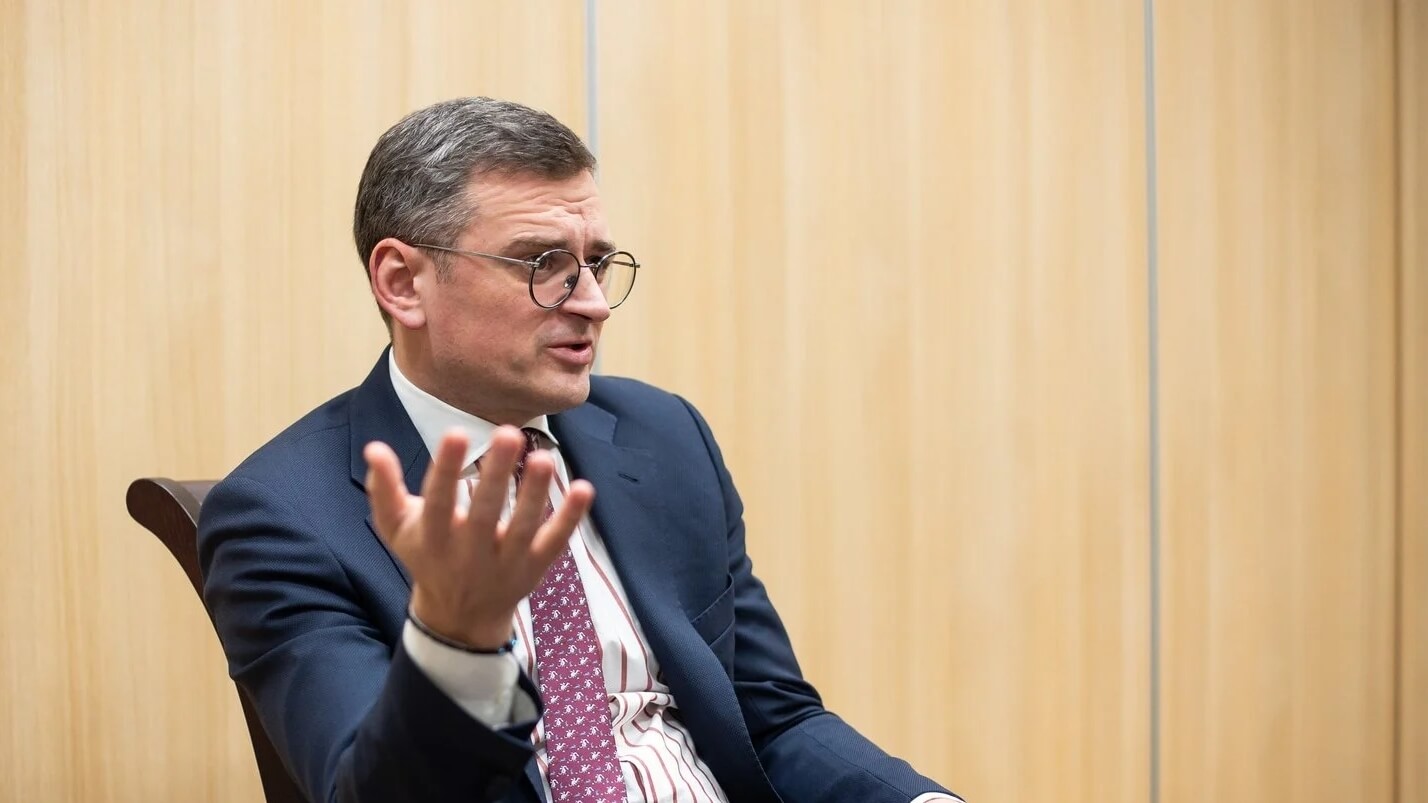Ukrainian Minister warns NATO: Baltic countries at risk of russian aggression
Estimated reading time: 2 minutes
Ukrainian Foreign Minister Dmytro Kuleba has cautioned NATO about the potential for Russian aggression targeting Baltic countries. Kuleba emphasized the importance of NATO's support for Ukraine.

Dmytro Kuleba
Ukrainian Foreign Minister Dmytro Kuleba has urged NATO to take seriously the assistance to Ukraine and not to forget that it is Ukrainians who are holding back Russia from advancing further. He forecasted that Baltic countries, which are mentioned as possible targets of attack, could become like Avdiivka and Bakhmut, which Russians captured and destroyed.
Kuleba on NATO countries Russia may invade the Baltic countries and turn them into devastated Avdiivka and Bakhmut. Ukrainian Foreign Minister Dmytro Kuleba said this in an interview with the Lithuanian news agency ELTA. The diplomat called on NATO countries to take assistance to Ukraine seriously.
"If Putin invades the Baltic countries, will you bravely defend your countries against an enemy who surpasses you in experience and capabilities? NATO will need several days to decide how to react. Ultimately, I believe the Alliance will prevail, but look at Bakhmut and Avdiivka — that's what the Baltic countries will look like after intense battles. There won't be a beautiful Vilnius," Kuleba said.
The Ukrainian Foreign Minister emphasizes that the cheapest and safest way to avoid all this is to support Ukrainians fighting against Russian aggression. According to him, Lithuania understands this and actively supports Kyiv.
"Others pretend they can avoid this"
Journalists reported that NATO member states privately discuss a Russian attack on one of them as a danger requiring an immediate response. Alliance member states doubt that the US will defend them. The growing concern of European states arises from the realization that, encouraged by its successes on the battlefield, Russia might see a reduction in US support, and they themselves have done too little to prepare for an RF attack.
Dmytro Kuleba takes the situation currently unfolding in Ukraine extremely seriously. The Foreign Minister suggests that the threats are even stronger than at the beginning of the full-scale invasion.



